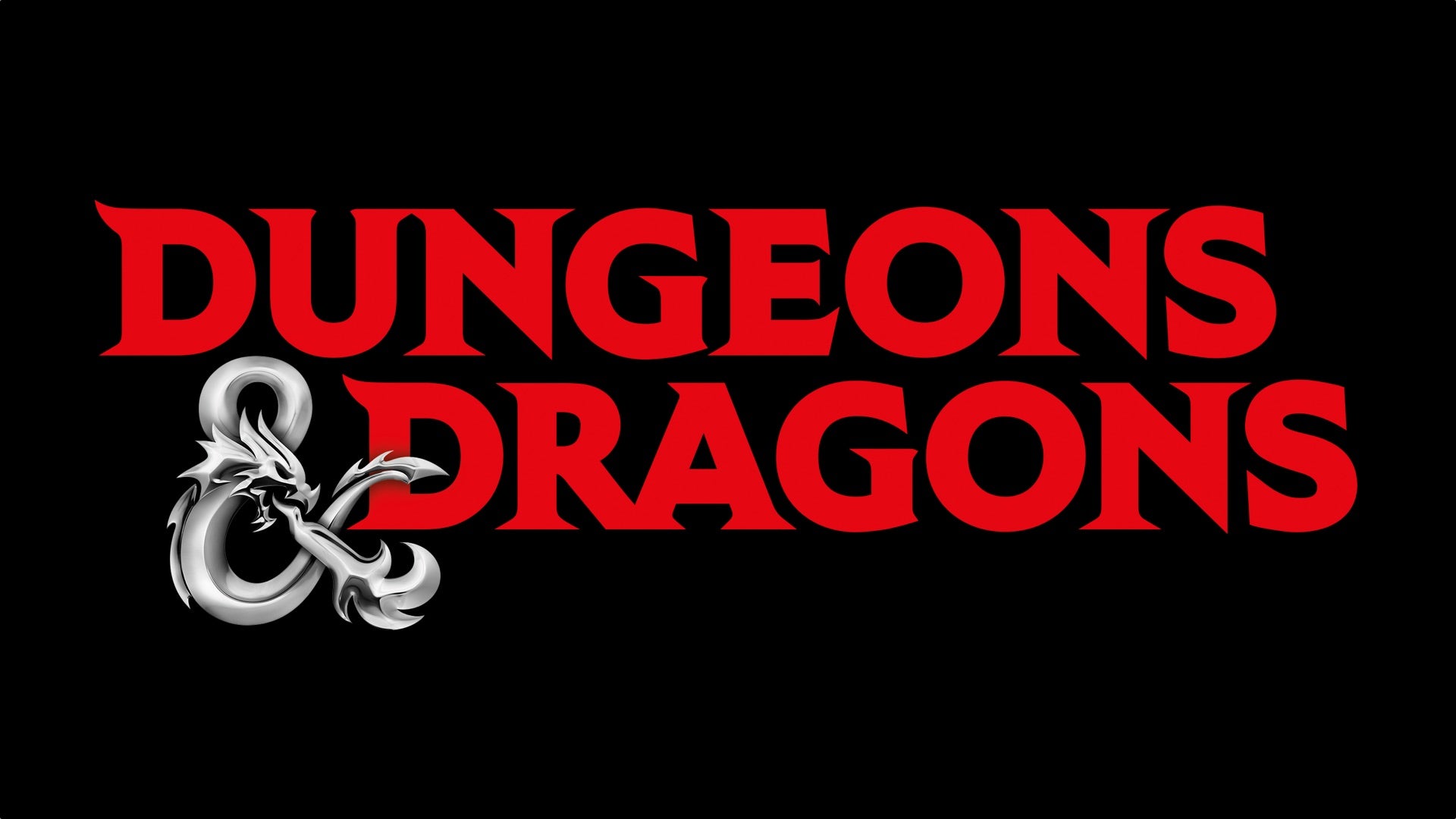
Wizards of the Coast has apologised for its handling of its Dungeons & Dragons Open Gaming License (OGL) revisions, which caused a huge community backlash over the past week.
Details of planned revisions for an OGL 1.1 were leaked by Gizmodo, and Wizards of the Coast was immediately faced with an orchestrated pushback by fans and prominent community members over rule changes which would, among other things, require anyone making money through the use of D&D elements to report earnings to the company.
The original OGL, which was to be rendered “unauthorised” after the release of 1.1 according to Gizmodo’s report, granted non-Wizards of the Coast publishers relative free rein over the use and sale of content which utilised D&D’s existing elements.
In response to the ensuing fallout, Wizards of the Coast delayed the publication of OGL 1.1 as it sought to rework major elements based on community feedback. These changes would remove the leaked royalty structure and license back provisions “that some people were afraid was a means for us to steal work”, and include assurances “you will own the content you create”. They would also explicitly only apply to TTRPGs (and not restrict the likes of livestreams and cosplay), and not impact content released under the original OGL.
Following that initial statement, Wizards of the Coast has now released an new post making further promises to the community. “These past days and weeks have been incredibly tough for everyone,” executive producer Kyle Brink wrote on the D&D blog. “As players, fans, and stewards of the game, we can’t – and we won’t – let things continue like this.”
“First, though,” he continued, “let me start with an apology. We are sorry. We got it wrong. Our language and requirements in the draft OGL were disruptive to creators and not in support of our core goals of protecting and cultivating an inclusive play environment and limiting the OGL to TTRPGs. Then we compounded things by being silent for too long. We hurt fans and creators, when more frequent and clear communications could have prevented so much of this.”
Brink said Wizards of the Coast will now continue forward in a “better way”, being more “open and transparent” with its community of creators: “We’ll listen to you, and then we will share with you what we’ve heard, much like we do in our Unearthed Arcana and One D&D playtests. This will be a robust conversation before we release any future version of the OGL.”
To that end, Wizards of the Coast has now shared new proposed OGL documentation for review and feedback. Anyone that views the document can fill out a quick survey featuring specific questions about the revisions as well as open form fields for additional feedback.
Brink noted the survey would remain open for “at least two weeks” and that advance notice will be given before it closes. After that, the company will “compile, analyse, react to” findings, which will then be shared with the community.
“We are committed to giving creators both input into, and room to prepare for, any update to the OGL,” Brink wrote, before highlighting a “ton of stuff” that won’t be affected OGL updates:
- “Your video content. Whether you are a commentator, streamer, podcaster, liveplay cast member, or other video creator on platforms like YouTube and Twitch and TikTok, you have always been covered by the Wizards Fan Content Policy. The OGL doesn’t (and won’t) touch any of this.
- Your accessories for your owned content. No changes to the OGL will affect your ability to sell minis, novels, apparel, dice, and other items related to your creations, characters, and worlds.
- Non-published works, for instance contracted services. You use the OGL if you want to publish your works that reference fifth edition content through the SRD. That means commissioned work, paid DM services, consulting, and so on aren’t affected by the OGL.
- VTT content. Any updates to the OGL will still allow any creator to publish content on VTTs and will still allow VTT publishers to use OGL content on their platform.
- DMs Guild content. The content you release on DMs Guild is published under a Community Content Agreement with Dungeon Masters Guild. This is not changing.
- Your OGL 1.0a content. Nothing will impact any content you have published under OGL 1.0a. That will always be licensed under OGL 1.0a.
- Your revenue. There will be no royalty or financial reporting requirements.
- Your ownership of your content. You will continue to own your content with no license-back requirements.”
“You will hear again from us on or before Friday as described above,” Brink’s post concluded, “and we look forward to the conversation.”
Be the first to comment